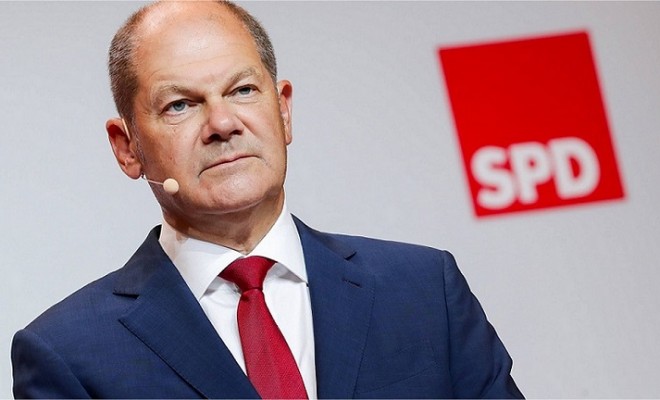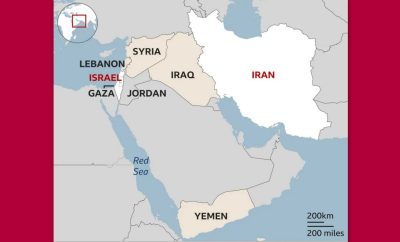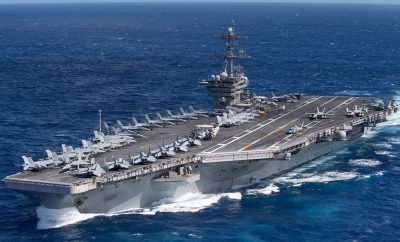
Will Germany’s new leader be reliable enough for Washington?
Prior to his meeting with US President Joe Biden on Monday, German Chancellor Olaf Scholz was asked by the Washington Post if it bothered him that Germany had been painted as an unreliable ally amid the ongoing crisis between Russia and NATO.
“Reality is more important than rumors,” he responded.
Unfortunately for Scholz, rumors are not the problem: It’s perception—driven by much of what he’s done during his short time as chancellor since taking over from Angela Merkel in December. And while he arrived in Washington eager to stress that Germany remains the United States’ most important ally on the old continent, he also faced criticisms that have been steadily piling up.
Many of these criticisms have centered on Scholz’s reticence to commit to shutting down the Nord Stream 2 natural-gas pipeline if Russia further invades Ukraine. His comments in that same Washington Post interview didn’t help: “It is absolutely clear that in a situation like this all options are on the table. Please understand that I will not get into any specifics, but our answer will be united and decisive.” And at a White House press conference, Scholz seemed to refuse to mention the project by name—even after Biden brought the pipeline up in his remarks. When a journalist pressed, suggesting that talking about Nord Stream 2 might help win back US trust, Biden jumped in to say, “there’s no need,” and that Germany remains a valued partner and ally.
Συνέχεια εδώ
Πηγή: atlanticcouncil.org




